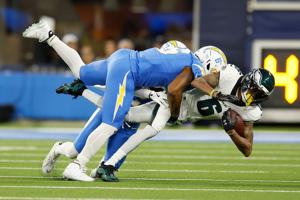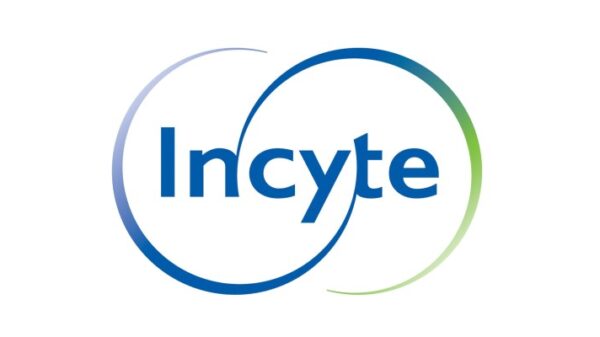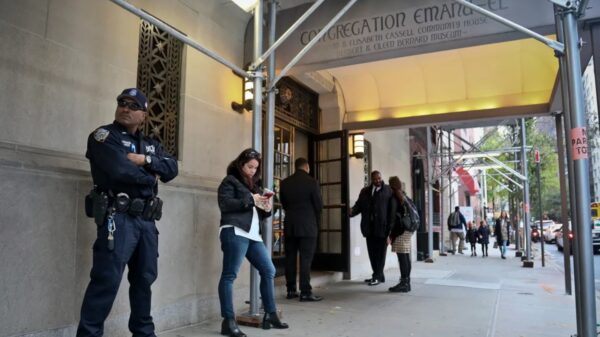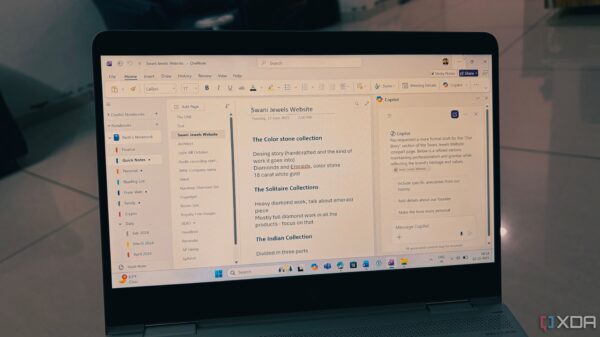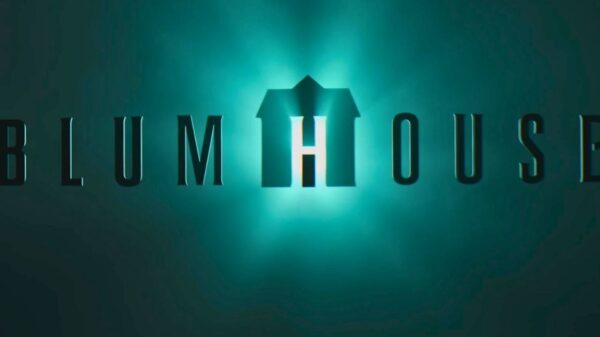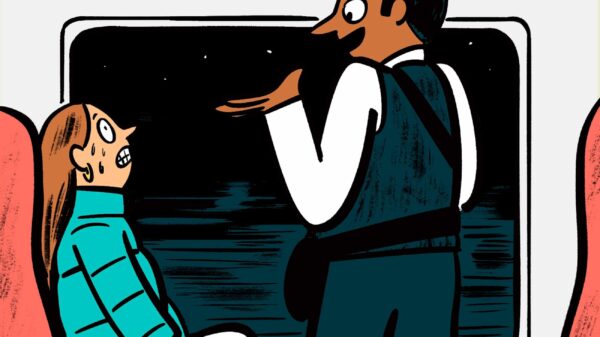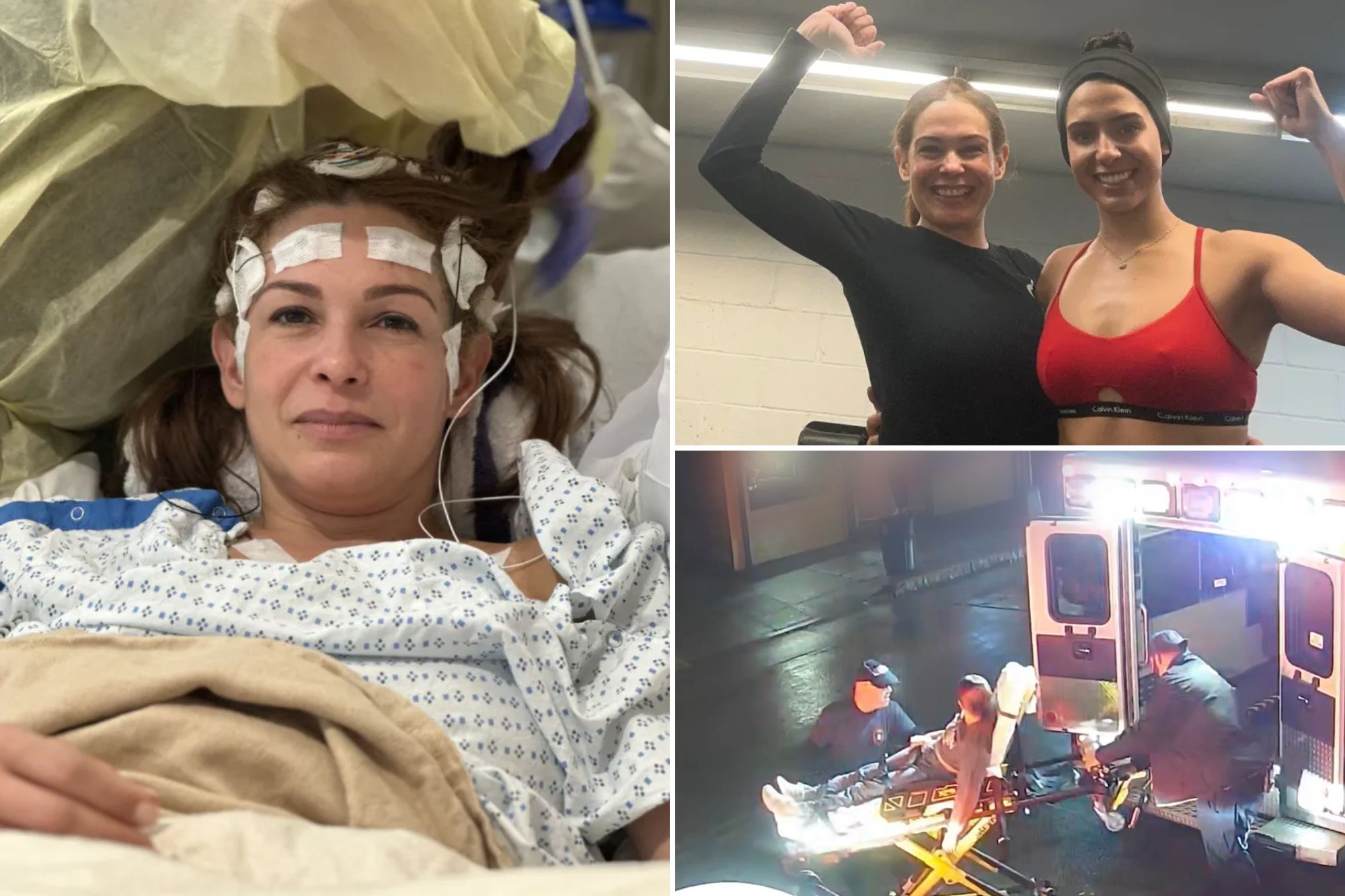UPDATE: A 48-year-old mother from Ossining, NY, who was once dubbed her doctor’s “boring patient,” is now a survivor of a life-threatening stroke, an event that unfolded dramatically on December 10, 2024. Alexandra Gomez Peña, seemingly healthy and active, experienced a stroke just hours after a typical day at the gym, highlighting the urgent need for awareness around stroke symptoms.
On that fateful morning, Gomez Peña enjoyed a 90-minute workout with her daughter, maintaining her commitment to health. However, after battling a headache and taking a quick nap, she experienced an alarming sensation while working at her family-owned store. “It felt like I had one or two drinks,” she recalled, before struggling to speak. Security footage captured the moment her condition deteriorated—her speech slurred, and her left side became paralyzed.
Immediate action saved her life. Paramedics rushed her to Phelps Hospital in a race against time. “Every minute that passes by while you’re having a stroke, about one million neurons die,” warned Dr. Yafell Serulle, a neuroendovascular surgeon at Northwell Health. Gomez Peña was diagnosed with a carotid artery dissection, a rare condition that can strike anyone, even the healthiest individuals.
Dr. Serulle emphasized that quick treatment is crucial. “The faster we can treat a stroke, the greater chance the patient has to go back to normal.” Gomez Peña underwent an emergency mechanical thrombectomy, a procedure that involved removing the clot blocking blood flow to her brain. “I started praying,” she said, aware of the risks involved with every passing second.
Miraculously, after the procedure, Gomez Peña woke up to find her cognitive functions intact. “It was as if the stroke had never happened,” she said, with her husband by her side. Doctors confirmed that approximately 60% of patients who receive this treatment can return to their normal lives, although recovery can vary.
Seven months post-stroke, Gomez Peña reports no lingering effects, but the experience has reshaped her life. “I’ve learned the importance of managing stress and setting boundaries,” she stated, emphasizing the need for work-life balance—especially as a small business owner.
As experts stress the importance of recognizing stroke symptoms, Dr. David Gordon, chief of neurosurgery at Phelps Hospital, urges the public to remember the FAST acronym: Face drooping, Arm weakness, Speech difficulties, and Time to call an ambulance. “This coordinated approach gives patients the best chance of a full recovery,” he affirmed.
Gomez Peña’s story serves as a poignant reminder of how quickly life can change. She now cherishes every moment spent with her family, dedicating weekends to her loved ones and prioritizing her health and well-being. “I want to be present in every moment,” she declared.
Act now: Familiarize yourself with stroke symptoms and ensure you’re prepared to respond quickly—your knowledge could save a life.

